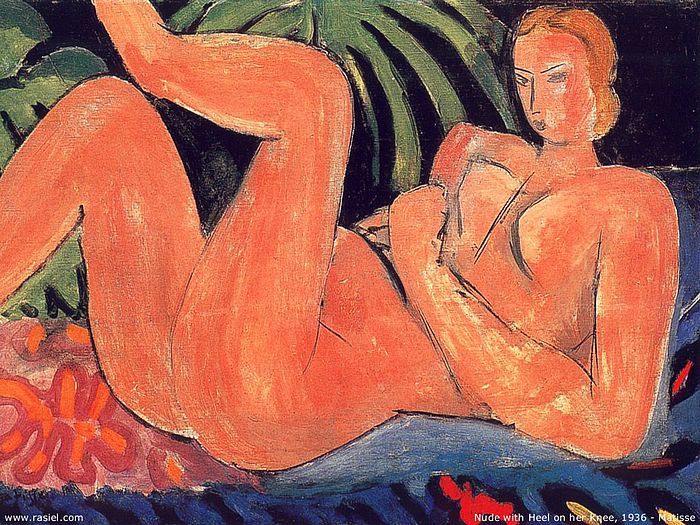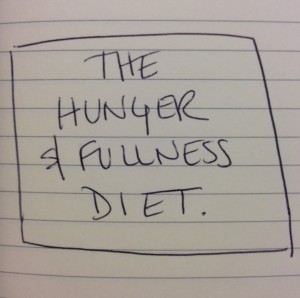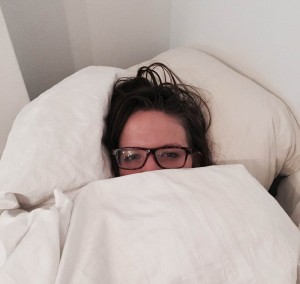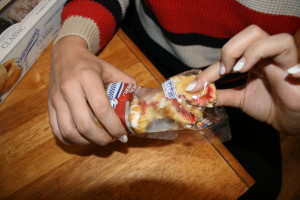I recently heard a client say that it’s easier to love her body when she’s working out, “eating well,” or otherwise perceives herself to be succeeding at society’s “thin rules.” And I get it. In a world that’s constantly telling you that your value in society is directly related to your performance of the thin ideal, it may feel easier to find yourself attractive or fashionable in those moments you’re conforming to, and validated by, the normative culture around you. That being said, this definition of “body love,” meaning, to have a certain opinion of yourself—whether it be attractive, fashionable, or any other opinion—is not, in my experience, the deepest expression of the word “love.” …
A common “intuitive eating” pitfall…
This blog posts references “intuitive eating” — which can be loosely described as making decisions around food based on what our bodies want to eat, rather than what our minds think it should. If you’re totally unfamiliar with “intuitive eating,” here’s a basic primer on core principles. While intuitive eating in and of itself is not “the answer” to your food problem, the basics are helpful to know if you’re struggling to get off traditional dieting. Now on to today’s topic… The “hunger-and-fullness diet” is my cheeky way of describing the perversion of intuitive eating that women fall prey to when they attempt intuitive eating with a diet mentality— e.g. “I must only eat when I’m hungry and stop when I’m full…or else….
“Feeling your Feelings” is not the full story…
We often hear “emotional eating experts” encourage women to “feel their feelings” instead of “numb out” with food. Which is somewhat sound advice, as there is no doubt in my mind that getting in touch with your emotions is incredibly important for reasons that have nothing to do with whether or not you eat over them — I encourage my clients to feel their feelings whether they eat while doing so or not. That being said, thinking we can live a life without coping mechanisms is totally unrealistic — it goes against our biological instincts to seek pleasure and avoid pain. You will experience discomfort for the rest of your life, and you will reach for some kind of coping mechanism to deal with at least a …
“I MUST lose weight to feel better about myself”
When I ask women why they want to lose weight, they almost always tell me… “because I want to feel better in my body.” which is such a funny answer to me, because I know that how we feel in our body has nothing to do with our weight…I feel a million times better in my body today than I ever did at my lowest weight, and I’m at least 30lbs heavier now than I was then. Here’s a little story to make my point even clearer: There are two woman, who both weigh 160lbs. One woman recently lost 50lbs, she’s down from 210lbs; the other, recently gained 20lbs, she’s up from 140lbs. They are the exact same size today. But one feels thin, sexy …
Reality check: ALL eating is “emotional”
People often ask me, do you really never eat emotionally anymore? To which I usually reply something along the lines of, “of course not, everyone eats emotionally sometimes…and anyone who tells you differently is either lying OR pretty f’ing crazy around food (read: restrictive).” As my friend Wendy Shanker once said, “there are only 6 people who eat food righteously as fuel, and all six of them are Kenyan Marathon runners.” More on that here… Lately, however, I’ve been re-framing my answer to this question, because at this point in my eating career, I don’t really categorize my behaviors as either “emotional” or “for physical hunger” in my mind anymore. The truth is, my food choices are rarely, if ever, either “emotional” or “physical.” …



